Only in São Paulo
The bubbling up of the Brazilian microbrew
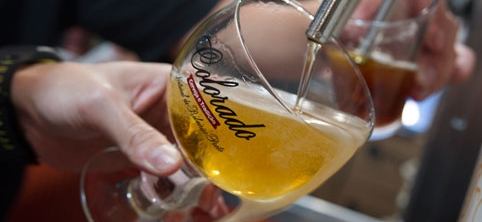
Posted: Fri Mar 07 2014
As Brazil readies itself to host this year’s FIFA World Cup in June, you can be sure there will be throngs of Brazilians drinking more beer than usual as they gather to watch the games. The importance of having a beer here goes beyond football, and even supersedes the nation’s reputation for knowing how to enjoy itself – there’s the matter of climate; most of the country endures mild-to-brain-melting-heat year round, which leads many people to stop whatever it is they’re doing for a cold one. But the operative word here is cold: the majority of Brazilian beer is served at icy temperatures meant to sate dry throats, and which, for more than a century, has left flavour as an afterthought at best.
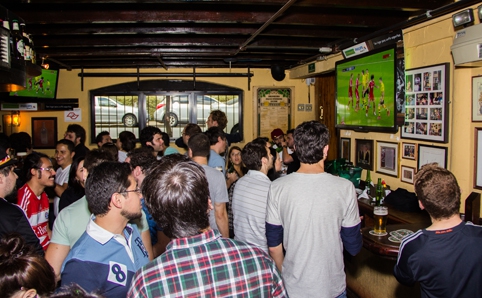
Or at least this chilly delivery is how the world’s third-largest beer market had been accustomed to enjoying its bottles, cans and bar-served chope (the Portuguese term for draught beer) until very recently. But a burgeoning percentage of the Brazilian buying public suddenly wants its beer to have taste, too, due in no small part to an emerging middle class that regularly travels abroad and becoming increasingly more interested in experiencing the subtle varieties of craft beer again back home. This new demographic is having its demands met by the advent of national microbreweries, many of which have popped up in the state of São Paulo. Residents of the state’s mega-city capital of the same name – a concrete maze home to 11.3 million people – are seeing a more diverse beer market, which along with popular European and American imports, is more regularly making room for brands like Bamberg from Votorantim and Dama from Piracicaba (towns in the state of São Paulo’s countryside), located within a few hours’ drive of their favourite bar.
And these days, any newly opened São Paulo watering hole aiming to be taken seriously will tout a beer menu that includes at least a few Brazilian-made labels with varieties stretching beyond the ubiquitous pilsners, and one standout brand, Colorado from the São Paulo state city of Ribeirão Preto, has become the go-to microbrew as its quality is respected and its style is admired for a daring use of Brazilian ingredients, such as the manioc root in its Cauim American lager, the infusion of rapadura (a type of raw sugar) to its Vixnu imperial double IPA and the touch of orange blossom honey in its Appia honey wheat ale.
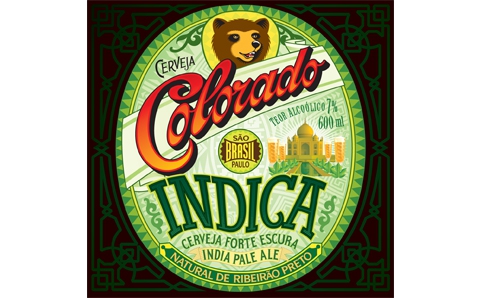
Local success stories aside, the microbrew boom is actually only a quiet rumble in the distance that only accounts for around 2 per cent of all sales in Brazil. The market remains dominated by heavily industrial products from companies like AmBev (Latin America’s largest brewer, producers of local big names Skol, Bramha, Antarctica, Bohemia, and also Budweiser, an official sponsor of the FIFA World Cup) who account for more than half of sales, as well as Brasil Kirin (a subsidiary of the famed Japanese-owned beer company) who recently announced a plan to ramp up production, followed by Petrópolis, Heineken and others.
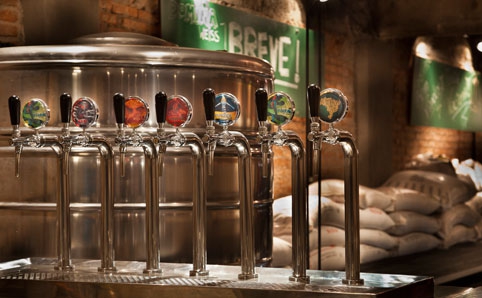
But consumer curiosity in craft beer is clearly gaining ground. The major beer corporations took note as early as 2007, when Brasil Kirin (then known as Schincariol) purchased one of the country’s craft beer pioneers, Baden Baden from Campos do Jordão in the the Mantiqueira mountains of rural São Paulo state; Kirin has since gone on to purchase Eisenbahn, a microbrew from the traditional German immigrant city of Blumenau in the state of Santa Catarina, a town famous for its massive Oktoberfest festival. Even AmBev pushed its Belgian-style ale, wheat and dark beer through its Bohemia brand, while continuing to import competing European brands at much higher retail prices in supermarkets across the metropolitan São Paulo area.
Luckily, there are other places in the city to find everything from refreshingly fruity Lambics to high-alcohol Russian stouts. For those who aren’t quite sure if they want to drink in a bar or to shop and have their preferred brew at home, Empório Alto dos Pinheiros has a market and a seating area. The store carries an impressive collection of brands from all over the world, but offer many well-regarded Brazilian microbrews such as Wäls (Belo Horizonte, Minas Gerais), Way Beer (Pinhais, Paraná) and Invicta (Ribeirão Preto, São Paulo) among nearly fifty national brands that create a stock totaling more than 150 different beers.
While most São Paulo bars continue to rely on selling the best-known large brands, many have begun to cash in on the microbrew trend. The comely Cervejaria Ô Fiô, provides customers with an outdoor patio in which to imbibe from their list of 75 varieties, as does Frangó in the northeastern neighbourhood of Freguesía do Ô, who add local brands to their international beer tasting menus. Old standby restaurant and bar Toca do Coelho, situated at the top of a street occupied by a strip of music stores, keeps glass door refrigerators storing its ever-changing stock around customers who are able to choose their next drink by sight.
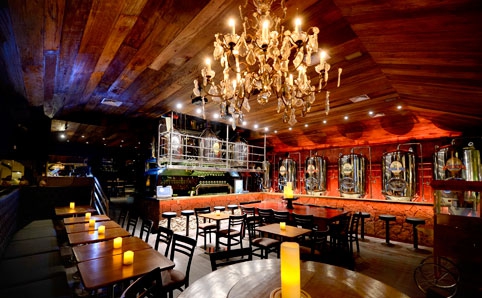
Karavelle
Of course, some have taken the craft beer trend even further, and opened up microbrew pubs within the city, where people can drink in the company of the massive steel tanks where the beers are being manufactured. Along with attentive service and a solid menu, Cervejaria National gives customers five beer varieties to choose from, and an additional group of seasonal offerings like brown porters and witbiers. Karavelle, a brand that originates in the São Paulo countryside town of Indaiatuba but is now sold in most supermarkets, opened a sexy, low-lit, multi-floor affair at the end of 2013 in the high-end Jardim Paulista neighbourhood, with six of their own labels available.
As a predictor of the popularity of microbrews in the future, consider this: in September of 2013, the Beer Experience festival returned for its third year, but having to accommodate 500-plus brands exhibiting at the event, it was required to moved into the spacious Pavilhão da Bienal in Parque do Ibirapuera to meet public demand. The estimated 20,000 attendees can only represent a fraction of what Brazilian consumers are coming to expect from their beer – even if microbrews are still a tiny bit of nationwide sales. The craft beer genie is out of the bottle and is unlikely to return back into it anytime soon.
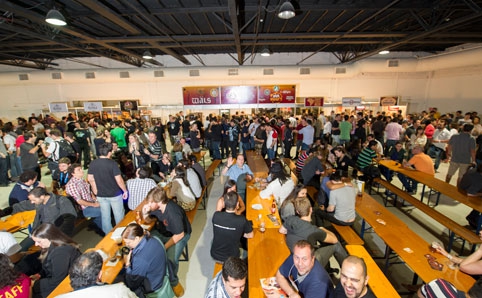
The Beer Experience
Empório Alto dos Pinheiros is at Rua Vupabussu 305, Pinheiros (3031 4328/altodospinheiros.com.br).
Cervejaria Ô Fiô is at Rua Lício Marcondes Amaral 51, Morumbi (3721 6636/cervejariaofio.com.br).
Frangó is at Largo da Matriz de Nossa Senhora do Ó 168, Freguesia do Ó (3931 4281/frangobar.com.br).
Toca do Coelho is at Rua Teodoro Sampaio 507, Pinheiros (3085 9653/restaurantetocadocoelho.com.br).
Cervejaria National is at Rua Pedroso de Morais 604, Pinheiros (3628 5000/cervejarianacional.com.br).
Karavelle is at Alameda Lorena 1784, Jardim Paulista (3044 7555/karavelle.com.br).
Tweets
- About Us |
- Work for Time Out |
- Send us info |
- Advertising |
- Mobile edition |
- Terms & Conditions |
- Privacy policy |
- Contact Us
Copyright © 2014 Time Out Tokyo




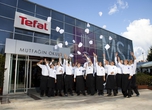

Add your comment